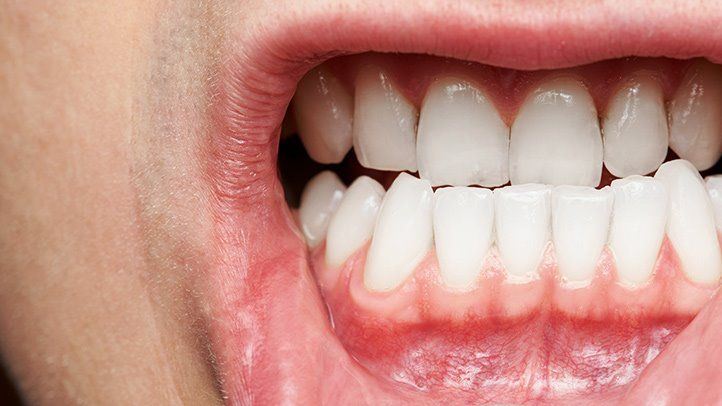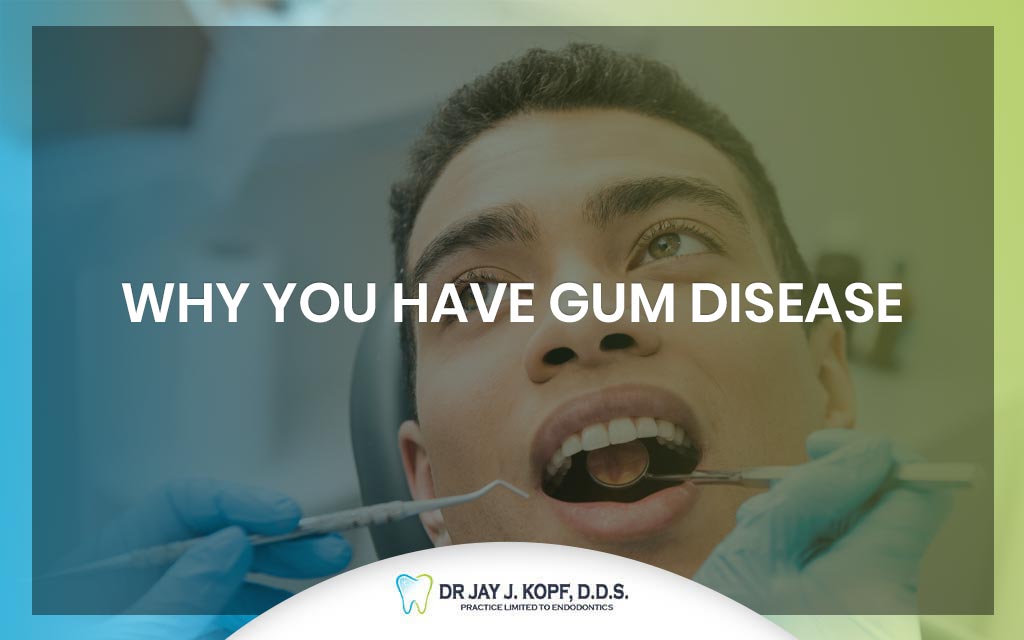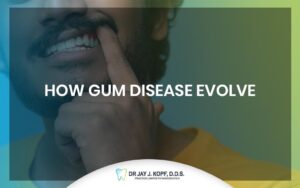Periodontitis, a disease of the gums, is a serious infection of the gums that damages the soft tissue and can destroy the bone that supports your teeth. This disease is common but can be prevented. It is usually the result of poor oral hygiene. Before you wonder why you have gum disease, read the rest of the text.
Symptoms of gum disease
Healthy gums look firm and pale pink in color and are very close to the teeth. Symptoms of unhealthy gums and the onset of the disease can be: swollen gums bright red, dark red or purple, sensitive and painful to the touch, easy bleeding, pink toothbrush after washing and spitting blood. There may also be bad breath, loose and weak teeth, pus between the teeth, the appearance of pain when chewing. In addition to all the above, the symptom is the appearance of space between the teeth.

Gum disease caused by plaque
Plaque is caused by a thick layer of bacteria that forms on the gums and teeth that are not removed by regular hygiene. Improving your dental care routine and scheduling dental checkups at least every six months are ideal prevention.
Hormonal disorders
During pregnancy or during menstrual cycles, hormones run wild which causes the body to weaken. You and your gums are more susceptible to gum disease. Pregnancy does not mean that you will inevitably have problems with gum disease. It just means that hygiene needs to be more careful and increased. During pregnancy, your gums may become inflamed, irritated, swollen, red, or bleed slightly when brushing your teeth or flossing. If this happens to you, consult your dentist.
Dietary deficiencies
We know that it is very difficult to get all the necessary vitamins every day, but the lack of vitamin C is especially problematic. A diet rich in sugar and carbohydrates are the recipe for gum problems. Stay hydrated throughout the day and get plenty of vitamin C to be safe from these problems.
Smoking
Research has shown that smoking or using other tobacco products significantly increases the risk of gum disease.
Genetics
If you have family members with symptoms of gum disease, pay special attention to your oral care routine and visit your dentist regularly for prevention.
Stress
Research has shown that stress can make it harder for the body to fight infections, and this includes periodontal disease. Try to be less stressed and thus preserve the quality of your life.
Treatment of gum disease
Treatment can be surgical or non-surgical, depending on the severity of the disease.
Non-surgical
Non-surgical options for treating gum disease include antibiotics and a non-surgical deep cleansing procedure. Research suggests lasers can be used in addition to scaling teeth and planing roots. Thats make the procedure more effective.
Surgical
These include procedures to reduce pockets that have formed on the gum line, procedures to regenerate lost bone and tissue, procedures to remove excess gum tissue, and so on.
Visit your dentist regularly
If you have swollen or bleeding gums consult a professional. Early treatment can help save teeth affected by gum disease.




